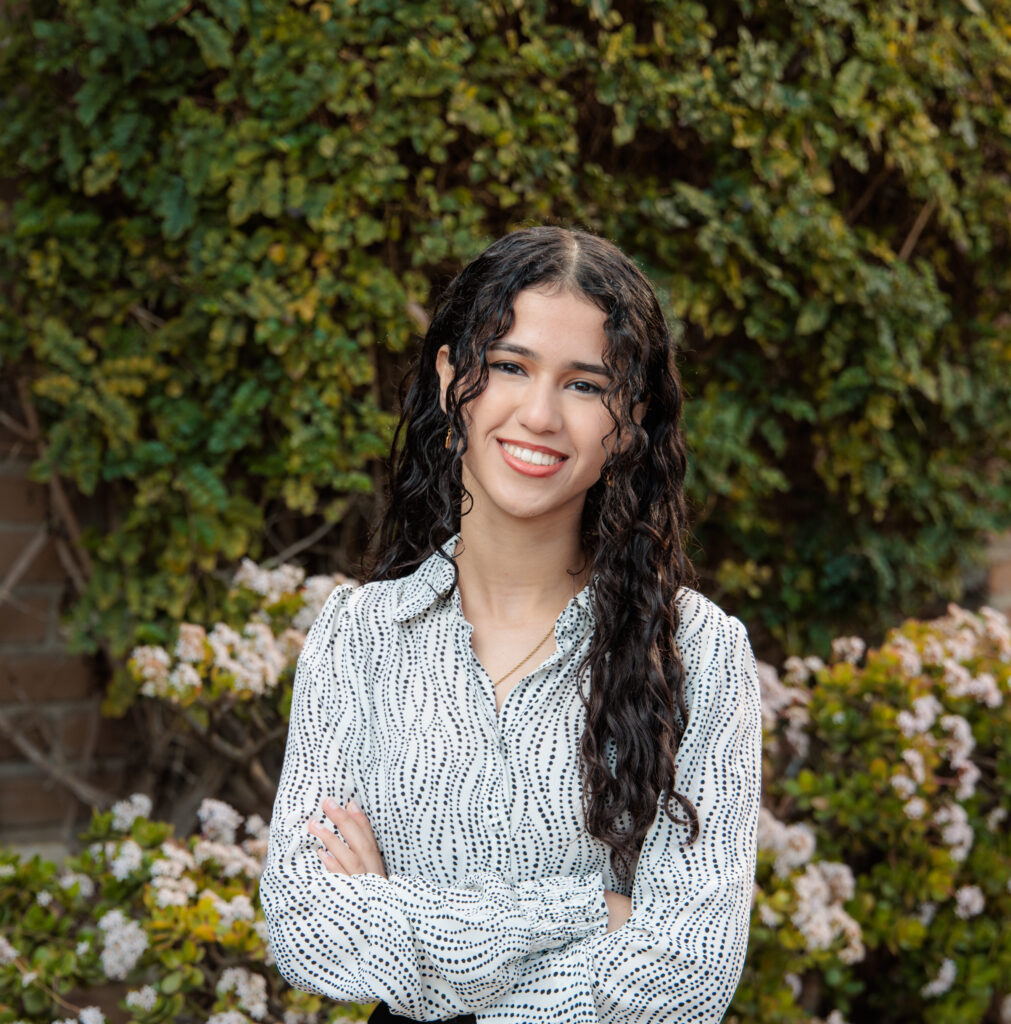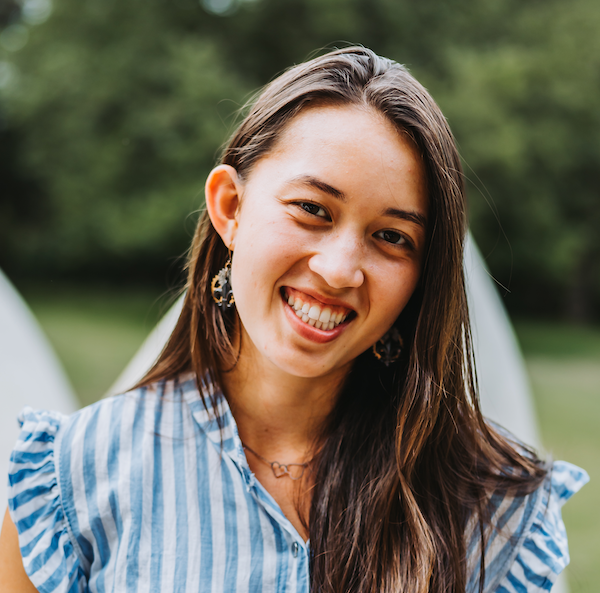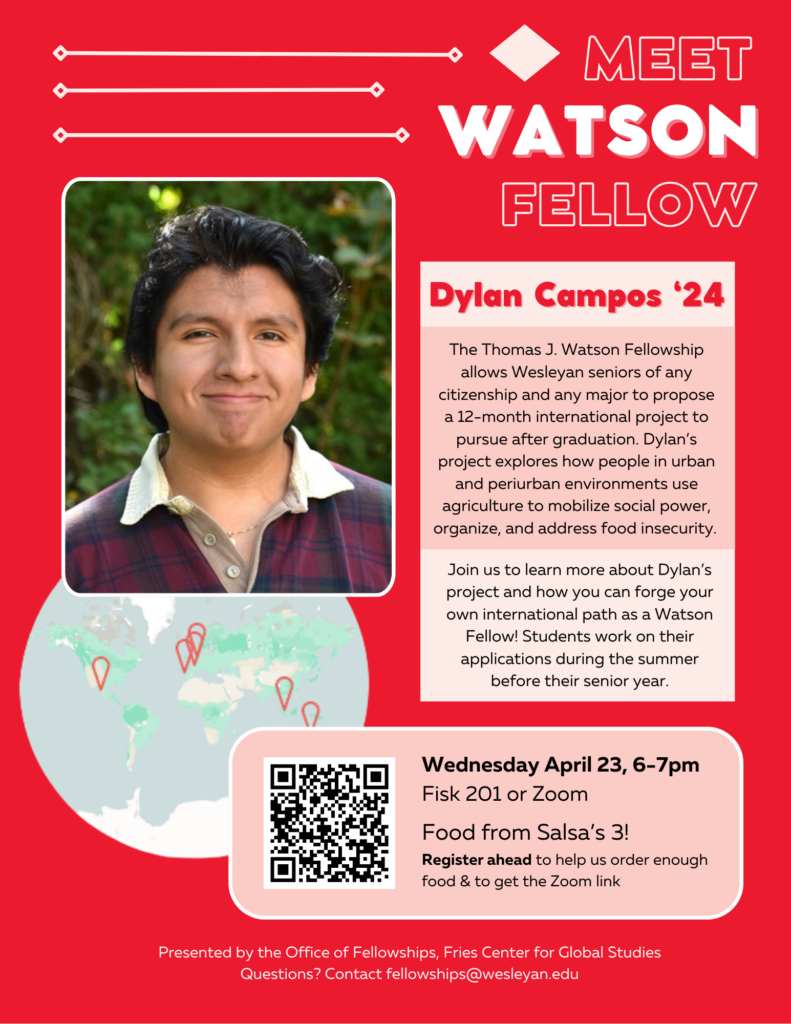by Kate Marriott
Every year, Wesleyan seniors have the opportunity to apply for the Thomas J. Watson Fellowship. The Watson is a one-year fellowship that allows graduating seniors to pursue an independent research project in any field of interest, as long as they do so outside the United States. The grant supports personal exploration through global travel – emphasizing independence, passion, and long-term vision.
This March, two Wesleyan seniors were named Watson Fellows, among 36 new fellows nationwide. Maryam Badr ‘25 is a Neuroscience and Behavior and College of East Asian Studies double major from Houston, Texas. When asked what drew her to the Watson, Badr said that applying was a no-brainer; she was immediately compelled by the wide parameters of the application, which allowed her to craft an individualized and interdisciplinary research project from her existing academic interests.
Malia Detar Cheung, Wesleyan’s second Watson Fellow from the Class of 2025, is a College of Letters and Dance double major and an Animal Studies minor. Born in Santa Cruz, California, she has spent most of her life in Oregon. Like Badr, Detar Cheung is interested in the interdisciplinary nature of the Watson: she looks forward to combining her multiple intellectual passions into one, immersive research experience in the coming year.
While Badr and Detar Cheung share reasons for applying to the fellowship, there’s little overlap in the focus of their proposed projects. Badr’s project, titled “Health in Transit: Navigating Healthcare in Displaced Communities,” focuses on understanding how displaced people access healthcare, and how such access changes depending on region, type of displacement (i.e., climate refugees versus refugees of war), and the kinds of healthcare-related organizations available (hospitals, clinics, human rights organizations, legal institutions, etc). Badr plans on traveling to Jordan, Greece, the United Kingdom, Turkey, the Philippines, and Nepal to address these questions.

Badr’s interest in this topic comes from a broader interest in healthcare systems, along with past experiences working with displaced peoples. At Wesleyan, Badr led the Wesleyan Refugee Project and tutored displaced people abroad. These experiences made her passionate about the experience of displacement, leading her to consider the issue through the lens of healthcare. Using the Watson grant, Badr will examine healthcare access among displaced people as a legal and social question as much as a medical one, which she argues is a necessary approach. “The circumstances that displacement creates,” she says, “make access to dignified healthcare especially challenging” and necessitate an interdisciplinary solution.
Meanwhile, Detar Cheung’s project will explore interspecies partnerships and choreography through the lens of human-horse relationships across diverse cultural and geographic contexts, including Portugal, Costa Rica, Ghana, and Mongolia. By working with local people and organizations, the project investigates how horses and humans move together, communicate, and co-create meaning through shared physicality. At its core, the research redefines choreography as the shaping of space through movement—an embodied dialogue that transcends species. It seeks to understand the artistic potential embedded in these partnerships and how movement between bodies both influences and is influenced by the surrounding geography, traditions, and ways of being. Detar Cheung expressed that the possibility of “connecting the space of theory” of her research “to the space of practice,” was an especially exciting element of the fellowship which drew her to apply.

Detar Cheung has been moving towards this project for years; she’s been involved with dance and horses since she was five years old. Despite displaying a deep connection to both areas of study, Detar Cheung said that before Wesleyan, she had only engaged with dance and animal studies in an extracurricular context; never before had she considered that there may be an opportunity for her to combine the two topics into one, cohesive research project. The “ah-ha” moment came when she took “Thinking Animals: An Introduction to Animal Studies” with Professor Kari Weil, a course offered by Wesleyan’s Animal Studies Department. The class inspired her to ponder the interdisciplinary connections between dance and animal studies, allowing her to interrogate the meaning of “choreography” more fully. This exploration translated into her undergraduate thesis, which has since transformed into the topic of study of her Watson year.
When asked about their experience with the application process, Badr and Detar Cheung agreed that the process, which involves a written application, recommendations, and both campus and national interviews, is a long one. Both new Watson Fellows suggested that future applicants allow themselves to sink into the process by engaging deeply with project exploration and planning. The key to success is choosing a project that you truly love and will want to grapple with for a year in multiple countries across the globe.
—-
The Watson Fellowship application will open on May 1, 2025 for students in the class of 2026. It is open to rising seniors of all citizenships and all majors. Those interested in applying should write to fellowships@wesleyan.edu to be added to the application portal when it opens. For those who want to learn more, there are two Watson events coming up before the end of the semester:
(1) We will host an hybrid event in Fisk 201 on Wednesday April 23 at 6-7pm. Current Watson Fellow Dylan Campos ‘24 will Zoom to speak about his project, “Communities Cultivate Cities: Urban Agriculture as Power” and take questions from attendees. Register on WesNest to attend.
(2) On Thursday, May 1st, from 2:30-3:30pm Eastern Time, the Watson Foundation will hold its annual spring webinar. Interested students can register to get the Zoom link.



